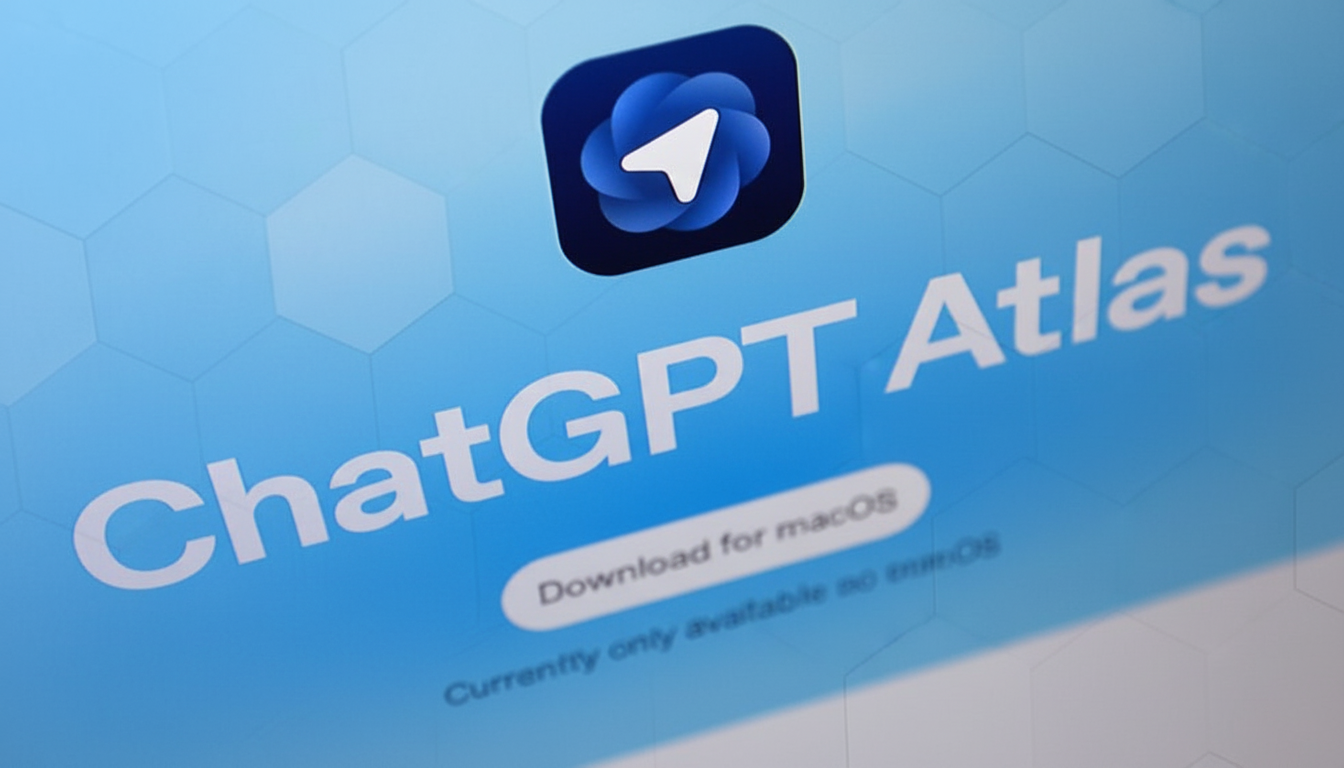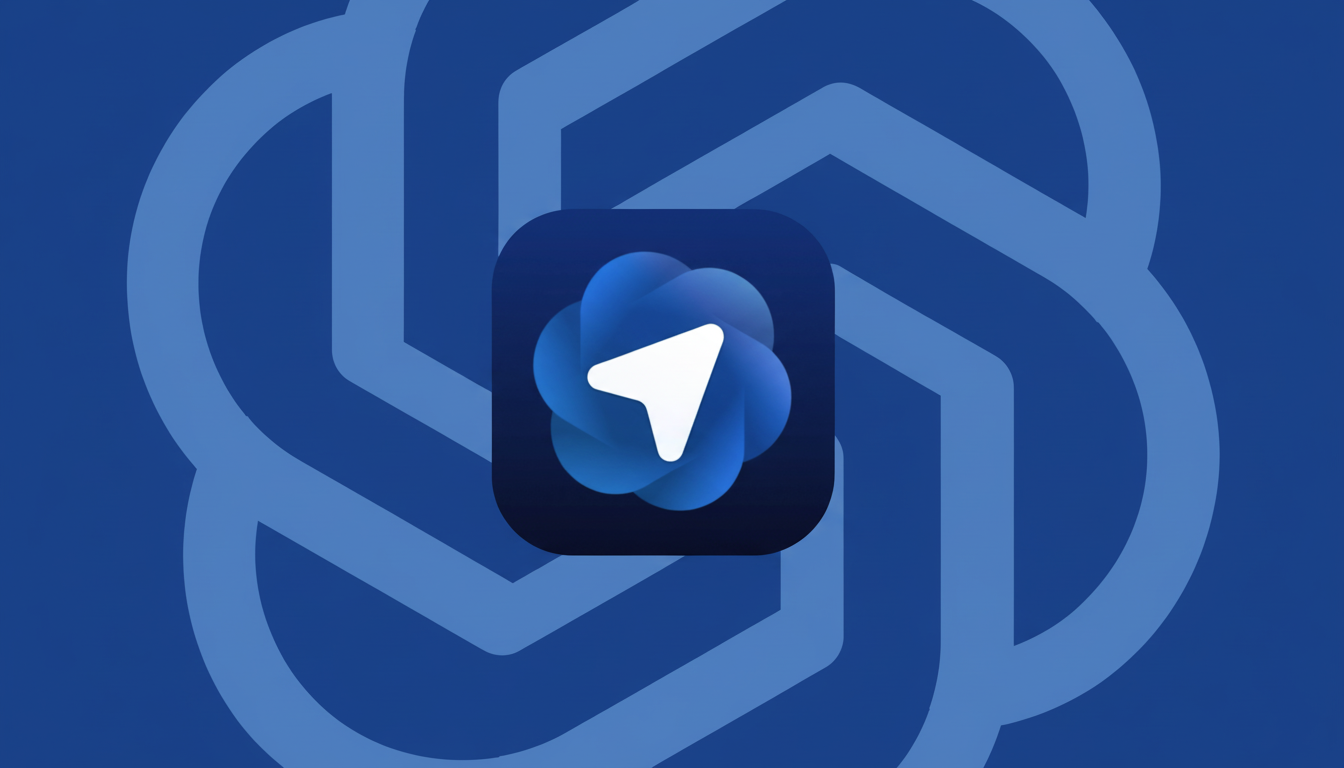OpenAI isn’t waiting to iterate on ChatGPT Atlas. Within days of rolling out its AI-first web browser, the company signaled a rapid update cadence, with Product Lead Adam Fry sharing an early roadmap that targets profile management, smarter personalization, and more reliable agent behavior.
The post read like a working to-do list, but it offers a clear snapshot of where Atlas is headed: a browser that behaves less like a document viewer and more like a transparent, controllable assistant for everyday web tasks.

What OpenAI Says Is Coming Next for Atlas Browser
Multiprofile support tops the list. Expect the ability to maintain separate profiles with distinct settings, histories, and connections to apps and services—akin to what users rely on in Chrome and Safari. For many, this is table stakes for modern browsers, and its absence can be a deal-breaker for work-life separation.
Personalization of suggestions is another priority. OpenAI has been emphasizing user-specific tuning across its models, and bringing that to Atlas would mean recommendations and actions that better reflect a person’s routines and preferences—without feeling repetitive or prescriptive. Leadership has publicly framed personalization as a core theme for upcoming model updates, so this aligns with the company’s broader product direction.
Agent Mode—currently an experimental feature for paid tiers—will also see improvements. One focus is reducing “under-triggering,” where the agent fails to activate even when a request would benefit from autonomous execution. The goal: reliably kick off multi-step tasks like assembling flight options across travel sites, organizing research, drafting emails, or prepping a shopping cart when the intent is clear.
OpenAI also plans richer animations that visualize an agent’s step-by-step reasoning. Transparent “reasoning traces” can help users understand how Atlas reaches an outcome and intervene when needed. In agentic systems, trust depends on clarity: people want to see what’s happening, in what order, and why.
Lastly, Fry noted there are additional fixes involving third-party partners that aren’t yet public, and he invited ongoing user feedback. That signals a build-with-the-community approach and suggests Atlas will evolve quickly as real-world usage uncovers edge cases.
Why This Matters in the Browser Wars for Users
The timing is strategic. Browsers remain dominated by incumbents: Chrome holds roughly 65% global share, Safari about 20%, and Edge near 5%, according to StatCounter. Breaking that gravitational pull requires differentiation stronger than cosmetic UI changes—and Atlas targets a different paradigm altogether.

Instead of typing a query and sifting through links, Atlas is built around an assistant that reads pages, takes actions, and returns outcomes. That puts it in the same conversation as AI-forward alternatives like Arc’s “Browse for Me” and Perplexity’s agentic search experience, while also challenging Google’s AI Overviews and Microsoft’s Copilot-infused Edge. The race is not only for answers but for execution.
Early Use Cases and Constraints for ChatGPT Atlas
Early testers describe agent-friendly scenarios where Atlas shines: compiling trip options across multiple aggregators, turning dense documentation into task lists, or pre-filling carts on retail sites based on a budget and preferences. The key variable is reliability—when the agent understands intent, activates at the right moment, and explains its steps, it can shave minutes off repetitive workflows.
Under-triggering, however, breaks the magic. If users have to manually coax the agent to act, friction returns. That’s why better activation heuristics and clearer reasoning animations matter. Multiprofile support also plays a role here, letting people wall off personal browsing from automated work tasks and keeping histories and suggestions contextually relevant.
Privacy and control will be scrutinized, too. Agentic features depend on selective access to history, cookies, and accounts. OpenAI will need to provide granular controls, robust activity logs, and straightforward opt-outs. Groups like the Electronic Frontier Foundation and Mozilla have long urged transparency in how browsers handle data and automation, and those expectations are even higher with AI in the loop.
What to Watch Next as OpenAI Iterates on Atlas
Speed of iteration will be the tell. If OpenAI can deliver rapid improvements on agent activation, personalization, and profiles within weeks, Atlas could quickly mature from intriguing concept to daily driver for a slice of users who value automation over tab management.
Keep an eye on enterprise controls and partnerships, mobile parity, and how free versus paid tiers diverge over time. Developers will look for extensibility and predictable behavior; consumers will judge by trust, speed, and how often Atlas “just does the thing.” In a market ruled by habits, winning even a few % of share requires clear, repeatable advantages.
For now, the message is clear: Atlas is not a static release. OpenAI is treating the browser as a living agent platform, and its next set of updates will show whether that vision can compete head-on with the incumbents that still define how most of us use the web.

